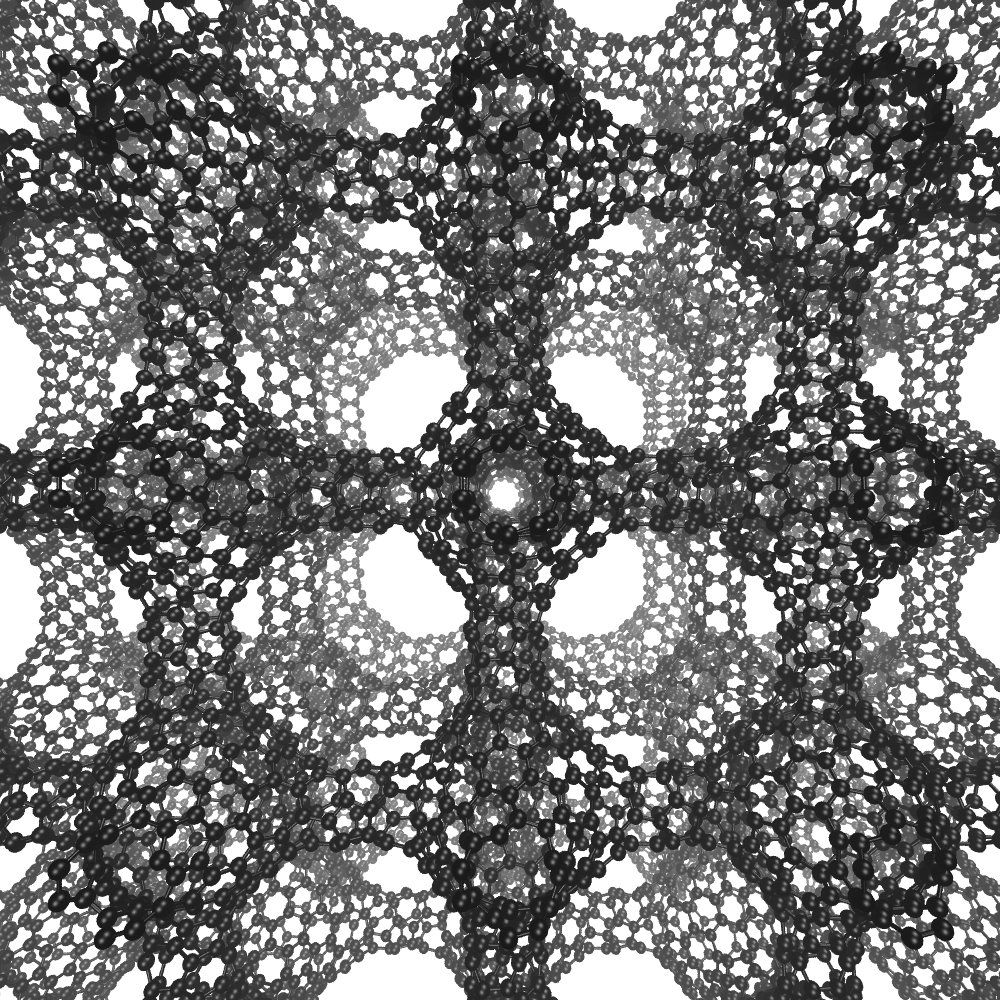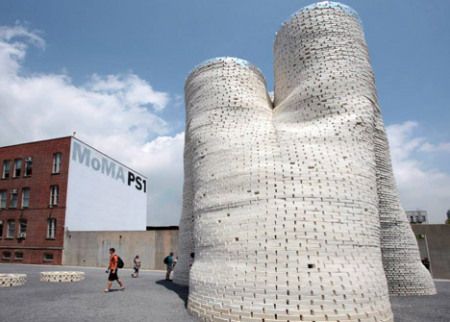Archive for the ‘materials’ category: Page 239
Apr 8, 2019
Light-activated wrap designed to fix concrete structures
Posted by Genevieve Klien in categories: humor, materials
Utilizing tape to repair or reinforce concrete structures may seem like some hillbilly fix-it joke, but in fact that’s just what fiber reinforced polymer (FRP) sheets are used for. Now, scientists have developed what they say is a better FRP, that halves the number of people and amount of time required for application.
Apr 5, 2019
New surgical method promises to take the knife out of plastic surgery
Posted by Genevieve Klien in categories: biotech/medical, materials
Mar 30, 2019
EHF Fellow: Veronica Harwood-Stevenson
Posted by Alan R. Light in categories: materials, sustainability
Another possibility for an alternative to traditional plastics?
A substance made by solitary bees.
Sometimes the answers to life’s most complicated questions are hidden in the smallest details. That’s a truth Veronica Harwood-Stevenson discovered when she found there might be a way to create a sustainable alternative to plastic products by mimicking a natural substance produced by bees.
Mar 29, 2019
Schwarzites: Long-sought carbon structure joins graphene, fullerene family
Posted by Victoria Generao in categories: materials, nanotechnology

UC Berkeley chemists have proved that three carbon structures recently created by scientists in South Korea and Japan are in fact the long-sought schwarzites, which researchers predict will have unique electrical and storage properties like those now being discovered in buckminsterfullerenes (buckyballs or fullerenes for short), nanotubes and graphene.
The new structures were built inside the pores of zeolites, crystalline forms of silicon dioxide – sand – more commonly used as water softeners in laundry detergents and to catalytically crack petroleum into gasoline. Called zeolite-templated carbons (ZTC), the structures were being investigated for possible interesting properties, though the creators were unaware of their identity as schwarzites, which theoretical chemists have worked on for decades.
Continue reading “Schwarzites: Long-sought carbon structure joins graphene, fullerene family” »
Mar 27, 2019
Physicists Create Stable ‘Supercrystals’
Posted by Quinn Sena in categories: materials, physics
Stimulation with ultrafast light pulses can realize and manipulate states of matter with emergent structural, electronic and magnetic phenomena. According to a new study, published in the journal Nature Materials, an ultrafast laser pulse plus ‘frustration’ resulted in a new state of matter — a ‘supercrystal.’
Mar 27, 2019
Spintronics: Electronics with a spin and “the ultimate potential of graphene”
Posted by Quinn Sena in categories: materials, particle physics
SciTech Europa explores some of the research taking place in the exciting field of spintronics, from spin-orbit coupling to practical spintronic devices.
Mar 26, 2019
Skyscrapers of the Future Will Be Engineered to Copy Nature
Posted by Quinn Sena in categories: materials, sustainability

By 2050, two-thirds of us wil be living in cities, so architects are taking inspiration from nature to build more sustainable skylines.
How Eyes Evolved to See the World Differently
Subscribe! https://www.youtube.com/user/DNewsChannel
Continue reading “Skyscrapers of the Future Will Be Engineered to Copy Nature” »
Mar 23, 2019
SPECIAL REPORT: Defense Community Slow to Grasp Potential of Quantum-Based Devices
Posted by Klaus Baldauf in categories: materials, quantum physics
CHICAGO — Four stories underground — encased in several feet of concrete — is the University of Chicago’s new nanofabrication facility, where researchers apply the principles of quantum physics to real-world problems and technologies.
A small cadre of faculty and graduate students in a clean room bathed in yellow light wear protective clothing to ensure the integrity of the experiments they are conducting, which involves the very matter that comprise the universe: electrons, photons, neutrons and protons.
The William Eckhardt Research Center where they are working is located across the street from where a team led by Enrico Fermi, the architect of the nuclear age, carried out the first self-sustaining nuclear reaction.















